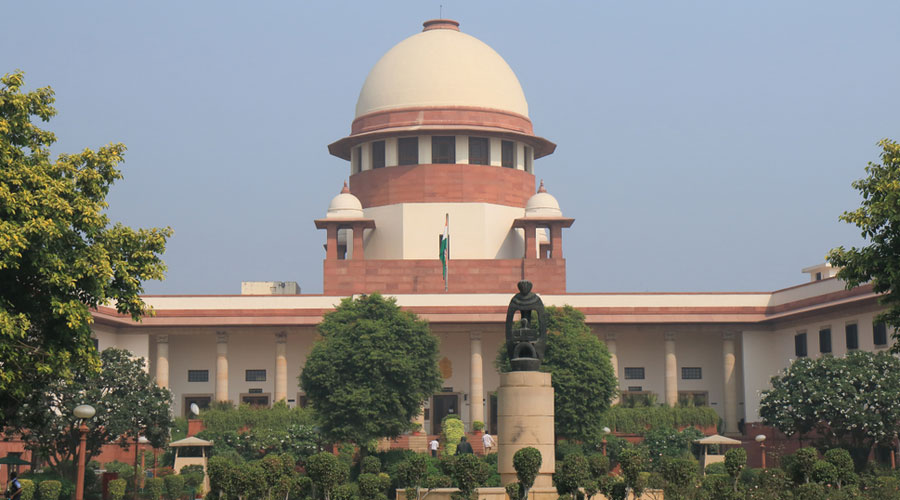The Supreme Court on Monday postponed hearings on a series of petitions challenging the sedition law after the Centre said it is in the advanced stages of consultations to re-examine the colonial-era penal provision.
Chief Justice DY Chandrachud and Justice JB Pardiwala noted the submission by Attorney-General R Venkataramani, saying the government had initiated the process of re-examining Section 124A of the Indian Penal Code.
The bench announced a hearing for the second week of August.
The batch of petitions calls into question the constitutional validity of the penalty clause. Mr Venkataramani said the consultation process was at an advanced stage and would be presented to him before it goes to the Parliament.
“Kindly post the matter for further hearing after the monsoon session of Parliament,” he urged the bench.
At first, senior advocate Gopal Sankaranarayanan urged the judges to form a seven-judge bench to decide the issues.
Even if the matter has to be heard by seven judges, it must first be heard by five judges, the bench said.
In a groundbreaking order last May 11, the Supreme Court shelved the colonial-era criminal law on sedition until it is re-examined by an “appropriate” government forum and directed the Centre and states not to register any new FIRs to invoke the offence.
The Supreme Court ruled that in addition to filing the FIR, ongoing investigations, pending trials, and all proceedings under sedition laws nationwide will be suspended.
In its key order on the law, which is said to be used as a tool against the expression of dissent, including on social media, has come under intense public scrutiny, the bench spoke of the need to balance civil liberties and the interests of citizens with those of the state.
“This court recognises the security interests and integrity of the nation on the one hand and citizens’ civil liberties on the other. It is a difficult exercise to balance two sets of considerations. The petitioner’s case is early rooted in the Constitution itself and has been misused,” the Supreme Court said.
Sedition, punishable by up to life imprisonment under section 124A of the IPC to create “disaffection towards the government”, was introduced into the penal code in 1890, 57 years before independence and nearly 30 years after the IPC was established.
In the pre-independence era, the clause was used against freedom fighters, including Mahatma Gandhi and Bal Gangadhar Tilak.
The number of cases has been rising over the years, with Maharashtra politician couple Navneet and Ravi Rana, writer Arundhati Roy, student activist Umar Khalid and journalist Siddique Kappan all charged under the clause.






